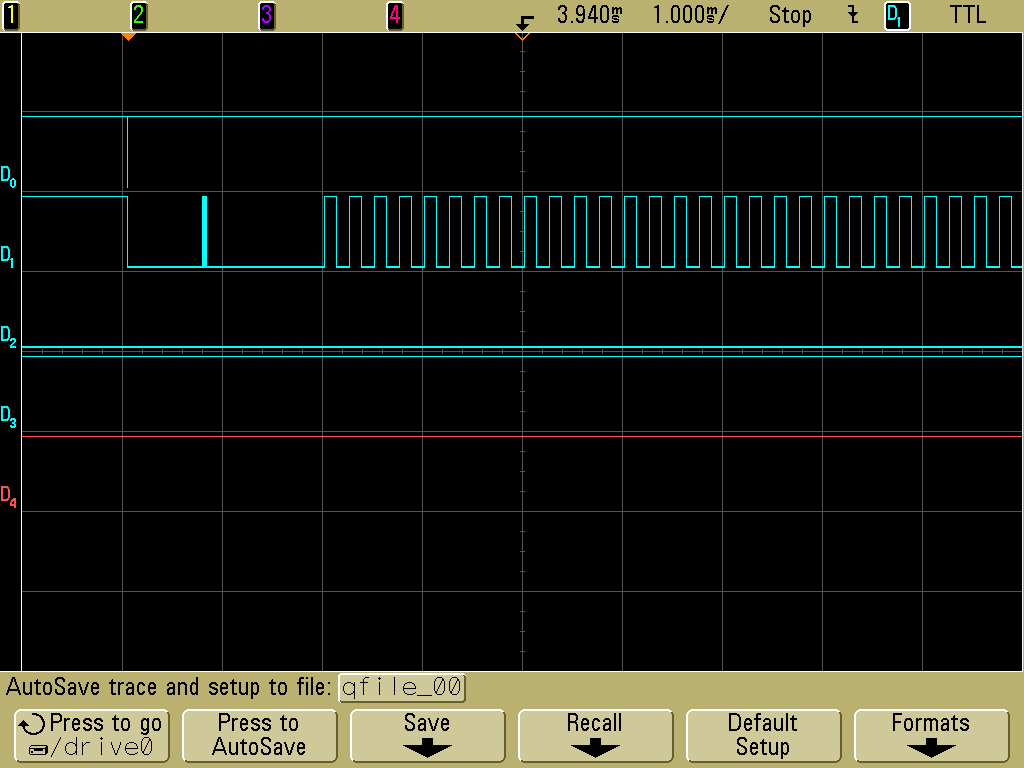Other Parts Discussed in Thread: UNIFLASH, SEGGER
Tool/software: Code Composer Studio
Hello,
I am having an issue when trying to debug a project using a Blackhawk XDS100 v2 ARM. Nothing has changed in the project since I was able to connect last time. I know my target board is good, since I can use our production programmer to load a program.
The error message I get is:
(Error -1265 @ 0x0)
Device ID is not recognized or is not supported by driver.
My CCS version Version: 5.4.0.00091. I have tried re-installing CCS, using different cables and XDS100 v2 programmers to no avail.
Are there any other troubleshooting steps you can recommend?
Thanks,
Chris







